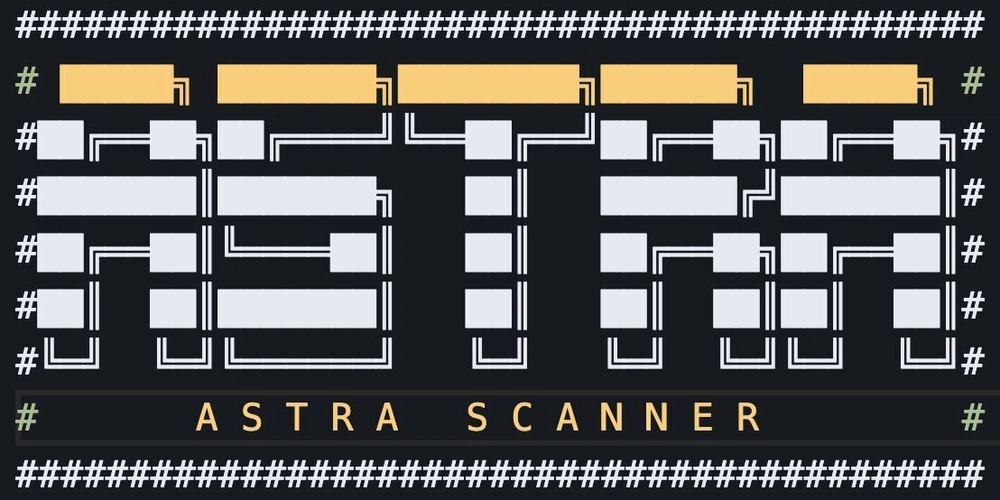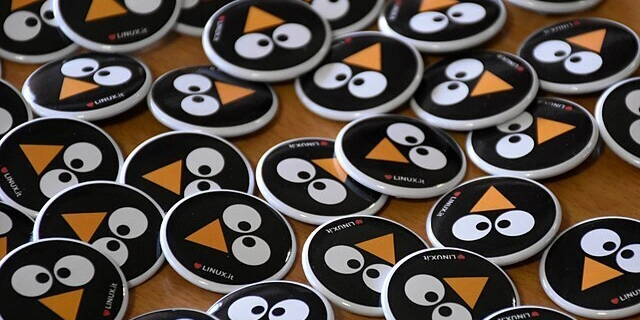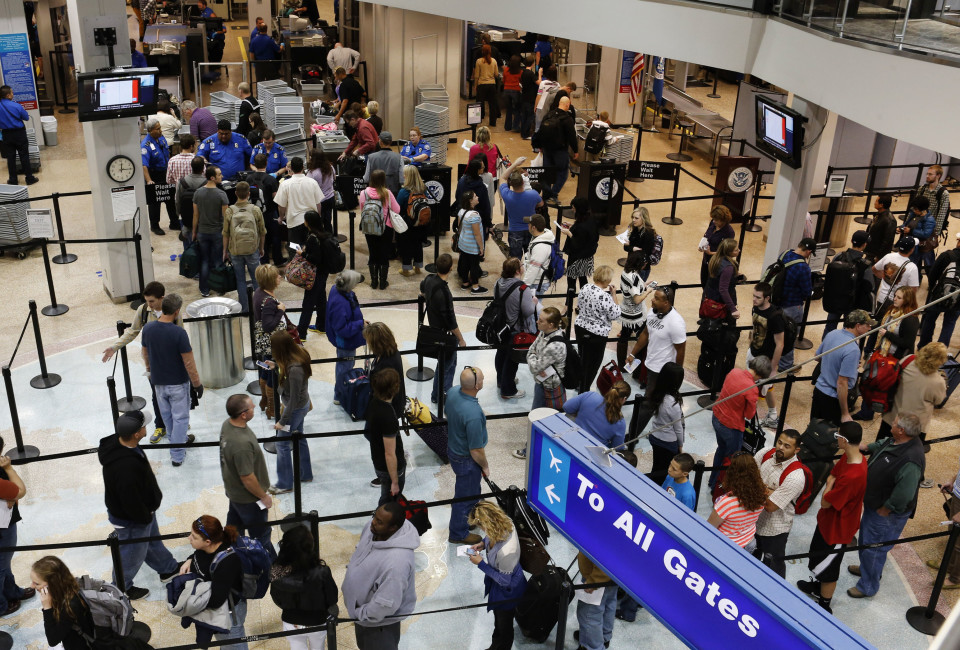Students and Teachers in Gaza: “Education Itself Is a Form of Defiance”
Israel has destroyed every university and 85 percent of schools in Gaza. Four young women talk about how they keep studying amid the violence. The post Students and Teachers in Gaza: “Education Itself Is a Form of Defiance” appeared first on The Intercept.

In Gaza, where the echoes of conflict dominate daily life, education has become both a casualty and a symbol of resistance. Through shattered classrooms, broken internet connections, and the constant fear of displacement or death, students and teachers are striving to keep learning alive even when everything around them falls apart.
Here, education is no longer a pathway to opportunity; it is a fight for survival. Since the escalation of the genocidal war in October 2023, schools and universities across Gaza have closed their doors, been bombed and destroyed, and become shelters for displaced Palestinians. The lives, dreams, and mental health of thousands of students and educators have been transformed.
All of Gaza’s universities have been leveled by airstrikes. More than 85 percent of schools in Gaza have been completely or partially destroyed, according to U.N. experts. According to the Euro-Mediterranean Human Rights Monitor, three university presidents and over 95 university deans and professors, including 68 holding professor titles, have been killed in Israeli airstrikes.
Despite the destruction and genocide in Gaza, education is still resistance. And every student and teacher who dares to dream is a symbol of unbreakable hope.
Here are four of their stories.

Serene Nasrallah, an assistant lecturer of English at the Islamic University of Gaza, says the war has reduced her role to that of a “mediator” and has redefined what it means to teach.
The most impactful challenge is lack of power and internet all over the Strip as she is teaching passive online courses. “I can’t reach my students easily,” and even communicating with fellow university staff has become difficult.
She feels she shifted from being a lecturer to being only a coordinator between the course and the students “I just share slides. I can’t explain. I can’t engage. I use my phone to manage everything — even grading.”
Since the beginning of the war, Serene observed multiple challenges in her students. The focus has shifted from learning to getting through requirements. “They are surrounded by anxiety, fear, and anticipation; their academic level is badly affected.” This war has robbed students of the time needed to focus and collect their mental capacity when needed.
With no salary, minimal resources, and little emotional support, Serene presses on. She shares one tragic story that haunts her still: A student who suffered severe injuries and later died after requesting a delay for her final exam. “I keep thinking of her,” Serene says. “How can you ask someone to focus on grammar while they’re burned and broken?”
Despite her exhaustion, Serene continues teaching. “I do it hoping this experience might one day help me get a scholarship or job overseas,” she admits. “But mostly, I do it for the reward from Allah.”
“The most urgent need is not resources — it’s security,” says Serene. “Only when the bombs stop falling and the genocide ends can the learning truly begin.”

Heba Alajouz, a third-year medical student at Al-Azhar University, has not given up on her studies. “I’ve been trying to continue my education in medicine, but we stopped attending university. Professors are unreachable, and some have even been killed. Others are serving in overwhelmed hospitals. We’re studying independently, clinging to any resource we can find online — when there’s electricity or internet.”
Heba’s education has been on hold for about eight months. Her university is destroyed, and she often lacks access to essential learning materials or the internet. “I miss everything about university life: my friends, the atmosphere, the daily routine, and even the breaks we used to enjoy together,” she says with deep nostalgia.
“Every day brings a moment of hopelessness,” she confesses. “Still, I hold on to faith and the belief that I have a duty to continue.”
Heba expresses deep fear that she may not be able to complete her education. She says she is in a state of emotional denial and has yet to fully process the trauma she and her peers have endured. She recounts the trauma of multiple displacements — evacuating under fire without her personal belongings or textbooks. She has lost both close friends and family members: Her grandfather died due to lack of medical treatment, and her cousin was killed during the attacks.
“I miss the person I used to be.”
“There is no safe place here,” she states. The war has completely altered her perception of the future. The life and career she once envisioned have vanished, and she no longer makes plans for the future until the war ends. “I miss the person I used to be — my emotions, my thoughts, my sense of safety, my health, and the colorful days of the past,” she reflects. She doubts those days will ever return.
However, she draws inspiration from a saying of Prophet Muhammad: “If the Hour (of Judgment) comes while one of you has a palm-cutting in his hand, let him plant it.” Even in the face of the end, one must strive to do good. That belief sustains her. “I hope this war ends soon so we can study like students everywhere — safely and with dignity,” she says.

Fatima Skaik, a third-year architecture student at the Islamic University of Gaza, lost both her home and university and was displaced multiple times. She had hoped to freelance as an architect and eventually work in Dubai. She once dreamed of her graduation project, which focused on advancing technology in Gaza’s architecture. “Now, my only dream is to survive, finish my studies, and help rebuild Gaza,” she admits.
“Education itself is a form of defiance.”
Fatima was forced to pause her studies from October 2023 until August 2024. “Even access to the internet remains a major obstacle in continuing my education,” she says.
Fatima’s challenges include the lack of tools and spaces needed for architectural training. Yet she speaks with deep resilience: “Our professors were kind. They would reach out when I disappeared due to internet outages. That kept me going. We Palestinians have an unbreakable will.”
She longs for the life she once had: her home, her room, her drafting studio, campus outings, and nights spent working on submissions. Despite the loss, she draws strength from her belief in the power of education as a form of resistance. “We resist not only with weapons but with knowledge, persistence, and resilience. Education itself is a form of defiance,” she emphasizes.
“We are strong, intelligent, and hard-working,” says Fatima. “We just want to learn in peace,” she adds. “We want to show the world that despite everything, we continue. We’ve become an inspiration to students who feel hopeless for reasons far less than war.”

Nadera Moshtaha, a senior English-language student at the Islamic University of Gaza, shares how the ongoing war has profoundly affected both her academic life and emotional well-being. She continues her studies online, but the war has had a severe impact. “Our university has been destroyed, our friends have been killed, and we no longer attend classes on campus,” she says.
She lives in constant anxiety, overwhelmed by continuous thoughts and worries. She and her family have been displaced multiple times, and she has lost relatives and friends, including her grandfather. “There is no safe place in the entire city,” she says.
“Our dreams and plans are gone. But I’m still trying,” Nadera says. She misses her campus life deeply. “I long for my friends, our laughs, and those vibrant mornings. The war has dried my tears. I don’t cry anymore — not even at goodbyes,” she recounts.
Power cuts and internet failures are a daily struggle. “I can’t study at night because of electricity cuts, and night is the only time I can focus,” she explains.
When asked about her future, she replies with hesitation and fear: “Honestly, I don’t know. If there were no war, I could have answered where I see myself.”
Yet, despite the devastation, she says, “Hope still flies, even among death. I try to keep writing and learning because maybe I can help this city — even with my words.”
The post Students and Teachers in Gaza: “Education Itself Is a Form of Defiance” appeared first on The Intercept.


















































































